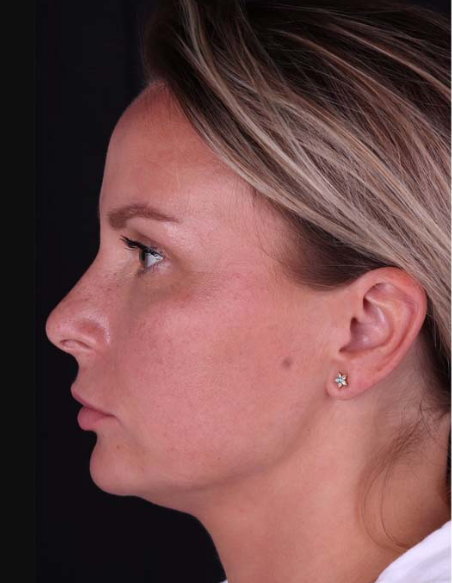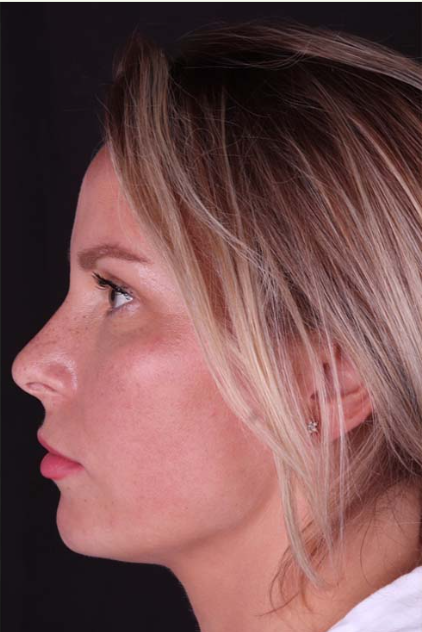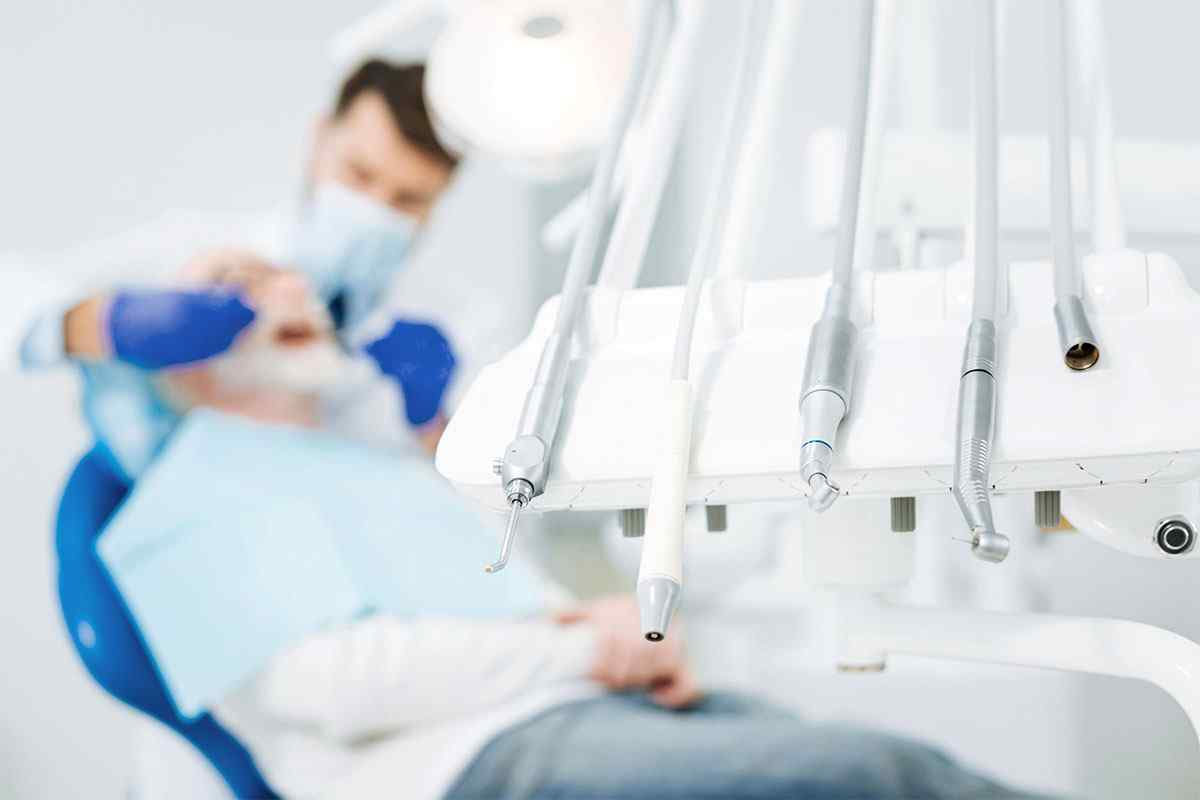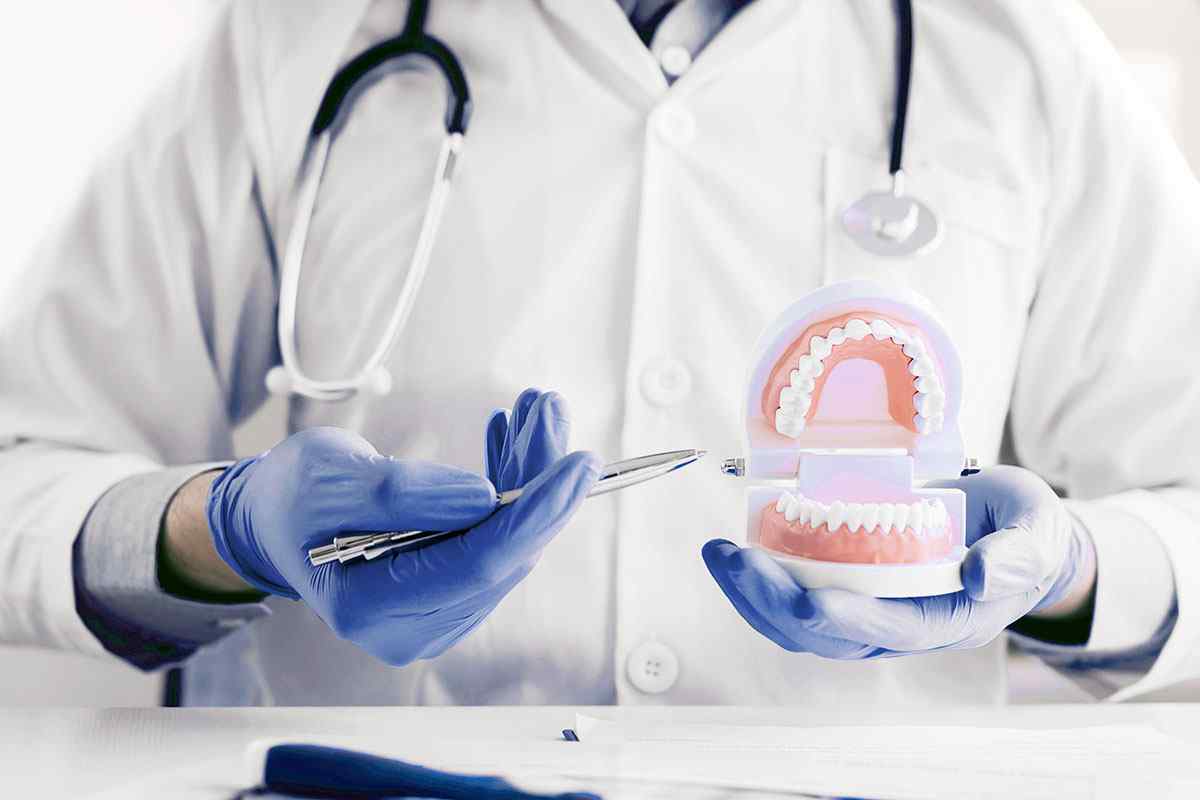What Exactly Is
What is TMJ Disorder (TMD)?
The temporomandibular joint (TMJ) connects your jawbone to your skull, allowing you to speak, chew, and move your jaw. When this joint becomes inflamed, misaligned, or overworked, it results in temporomandibular joint disorder (TMD)—a condition that causes pain, discomfort, and limited jaw movement.
How Are TMJ Disorders Treated?
There are several treatment options available, depending on the cause and severity of your TMJ pain. These may include:
✔ Botox Injections – Relaxes overactive jaw muscles, reducing tension and pain.
✔ Occlusal Splints (Custom Night Guards) – Prevents grinding and helps reposition your jaw for better alignment.
✔ Invisalign or Orthodontic Treatment – Corrects bite issues contributing to TMJ pain.
✔ Physical Therapy & Jaw Exercises – Strengthens and relaxes jaw muscles.
✔ Stress Management Techniques – Reduces jaw clenching caused by stress.
✔ Medication (If Needed) – Anti-inflammatory or muscle relaxant options.
✔ Surgical Treatment (In Severe Cases) – Surgery is only recommended when all other treatments fail.


How to Treat TMJ Pain at RCTSmile
Botox for TMJ Relief
One of our most recommended treatments for TMJ disorder is Botox therapy. TMJ issues often stem from tight or overactive jaw muscles, leading to pain, headaches, and clenching. Botox relaxes these muscles, reduces tension, and prevents grinding.
✔ Reduces jaw tension & facial pain
✔ Helps prevent migraines caused by TMJ dysfunction
✔ Minimizes teeth grinding & clenching (bruxism)
✔ Provides relief for chronic headaches & facial tightness
Many of our patients have found life-changing relief with Botox, even after suffering from migraines and TMJ pain for years.
Frequently Asked Questions
💭 What are the symptoms of TMJ disorder?
Be on the lookout for these common TMD symptoms:
✔ Chronic headaches & migraines
✔ Jaw pain, stiffness, or locking
✔ Clicking or popping sounds when opening/closing the mouth
✔ Pain or discomfort while chewing
✔ Earaches, sinus pain, or facial tenderness
💭 What causes TMJ disorder?
Several factors can lead to TMJ issues, including:
✔ Jaw misalignment or erosion of the joint disc
✔ Arthritis affecting the TMJ cartilage
✔ Injury, impact, or trauma to the jaw
✔ Teeth grinding (bruxism) or chronic jaw clenching
✔ Stress, leading to muscle tension
✔ Connective tissue disorders
RCTSmile Services
Get In Touch With Us
+36 55 544 059
book@denticare.hu
Book An Appointment
Book a visit to DentiCare, simply fill out the form below and we will contact you back regarding the intervention you require.





